News
Education about immune-related treatments is crucial in helping patients understand potential toxicities.
Advanced practice nursing navigation services with telemonitoring showed multiple benefits for patients.
New research provides deep insights into how patient-nurse relationships can shape patients’ experiences.
The increased incidence of ICI-DM in oncology reflects the rise of immunotherapy, yet little is known about its risk factors.
Major questions remain around the accuracy of artificial intelligence applications such as ChatGPT.
Patients with cancer who are receiving immunotherapy often experience side effects that require close monitoring.
Various educational interventions can help patients with lung cancer undergoing immunotherapy manage adverse symptoms.
Cancer Nursing Today is honored to introduce the four finalists for the Third Annual CARE Award.
Hear from Karen Tamulonis, BSN, RN, who is a finalist for this year's CARE Award.
Meet Faith Selchick, DNP, RN, AGNP-BC, AOCNP, OCN, who is a finalist for this year's CARE Award.
Meet Amanda Coble, RN, MHA, OCN, a finalist for this year's CARE Award.
Hear from Michelle Carpentier, MSN, RN, OCN, a finalist for this year's CARE Award.
Immune checkpoint therapies can provide long-term survival benefits, but they can also cause life-threatening adverse events.
The rapidly evolving landscape of MIBC care requires healthcare professionals to quickly adapt to patient needs.
Learn about the mediating effect of dyadic coping on the relationship between family functioning and meaning in life.
The study enrolled adults with cancer who applied for financial assistance and participated in longitudinal survey studies.
Nurse-led health coaching showed significant benefits for clinical and psychosocial outcomes in patients with cancer.
Ovarian cancer can pose a significant psychological impact on young and middle-aged patients who may be prone to rumination.
Theresa Brown, RN, weighs in on the implications of the budget bill and what it will mean for the nation's healthcare system.
Oncology nurses are uniquely positioned to prepare and support climate-informed care for patients with GVHD.
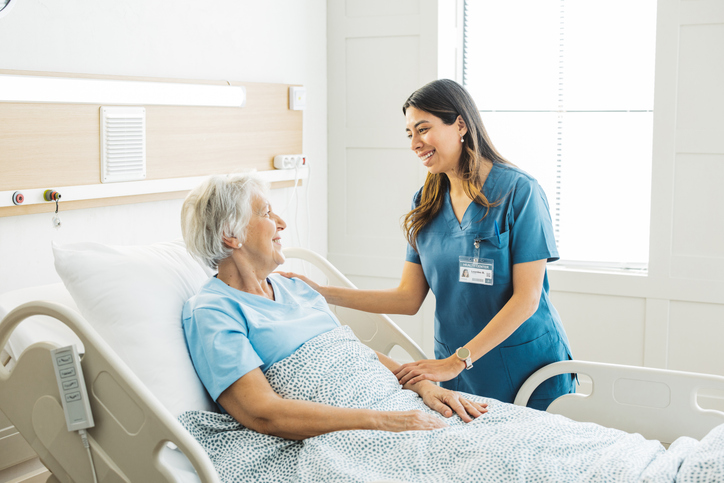

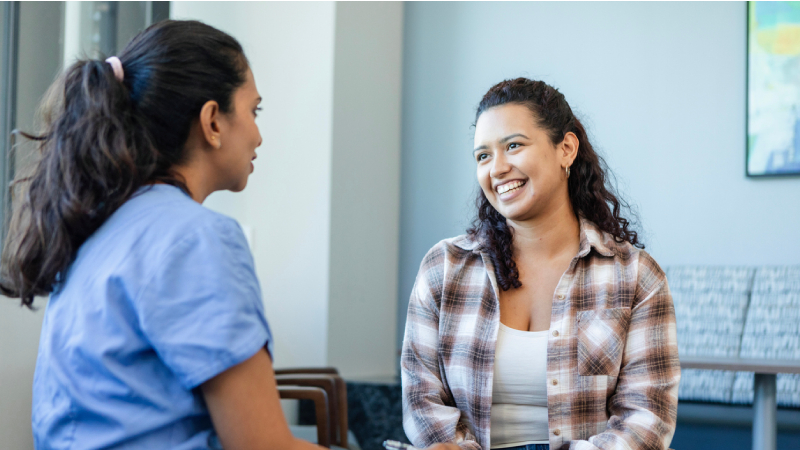
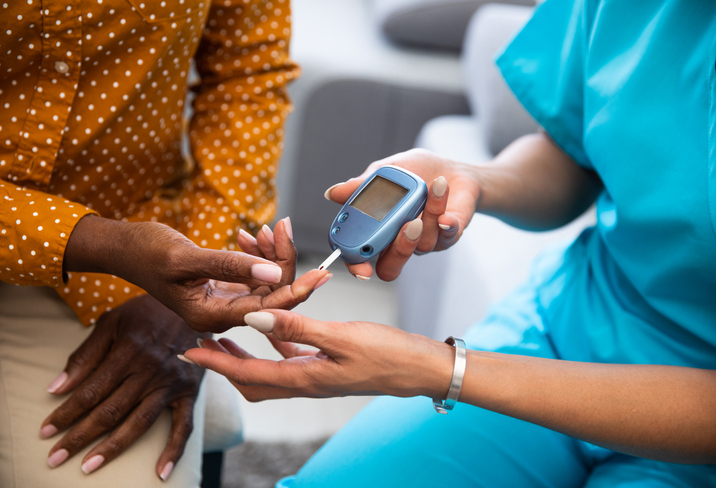

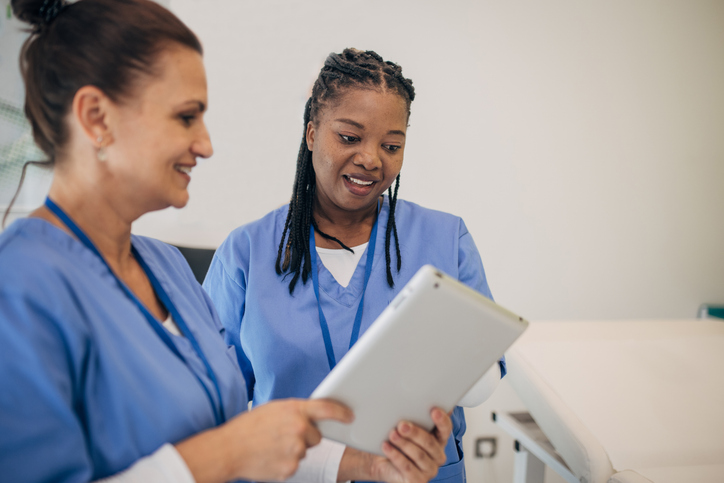
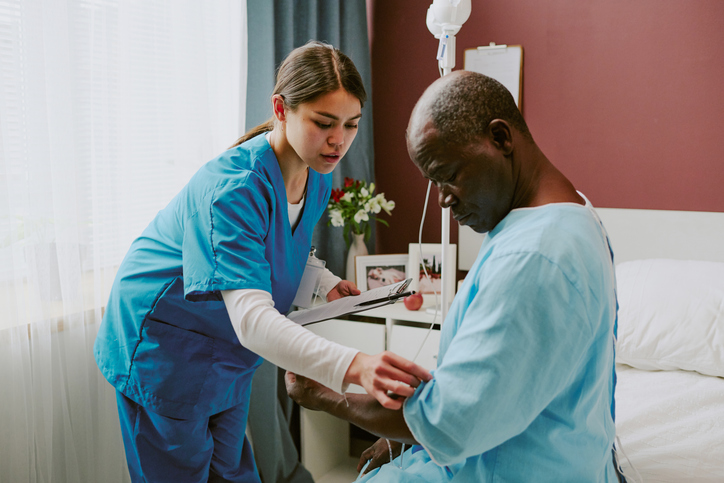
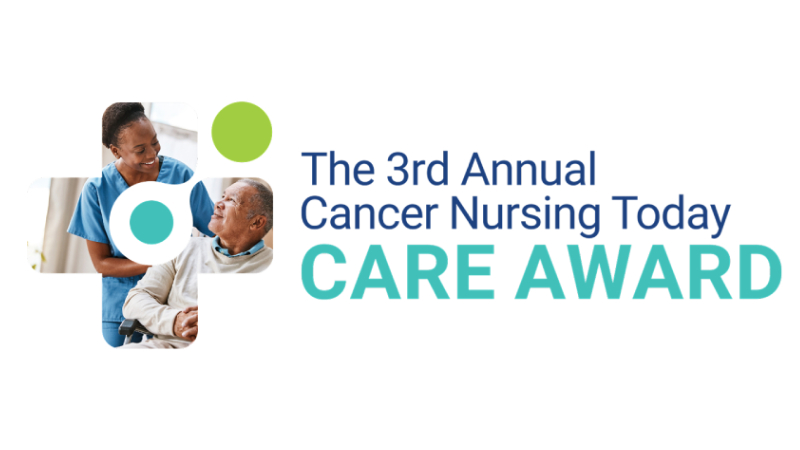
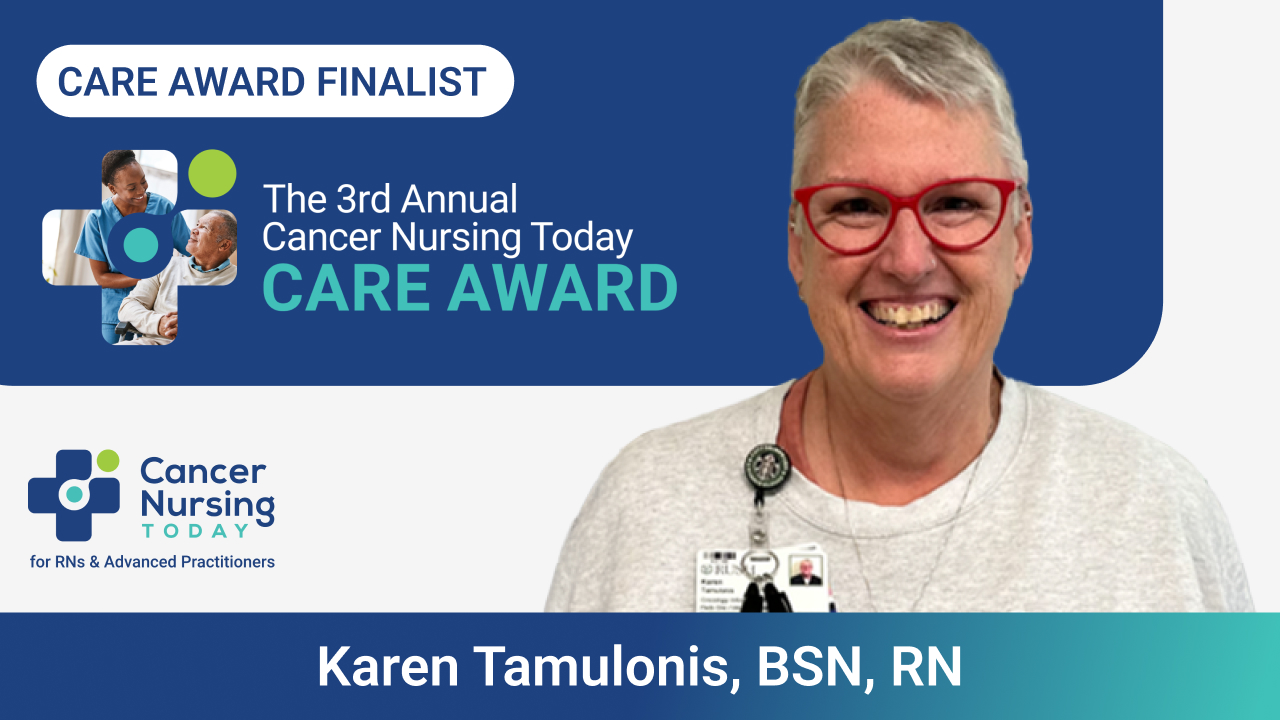
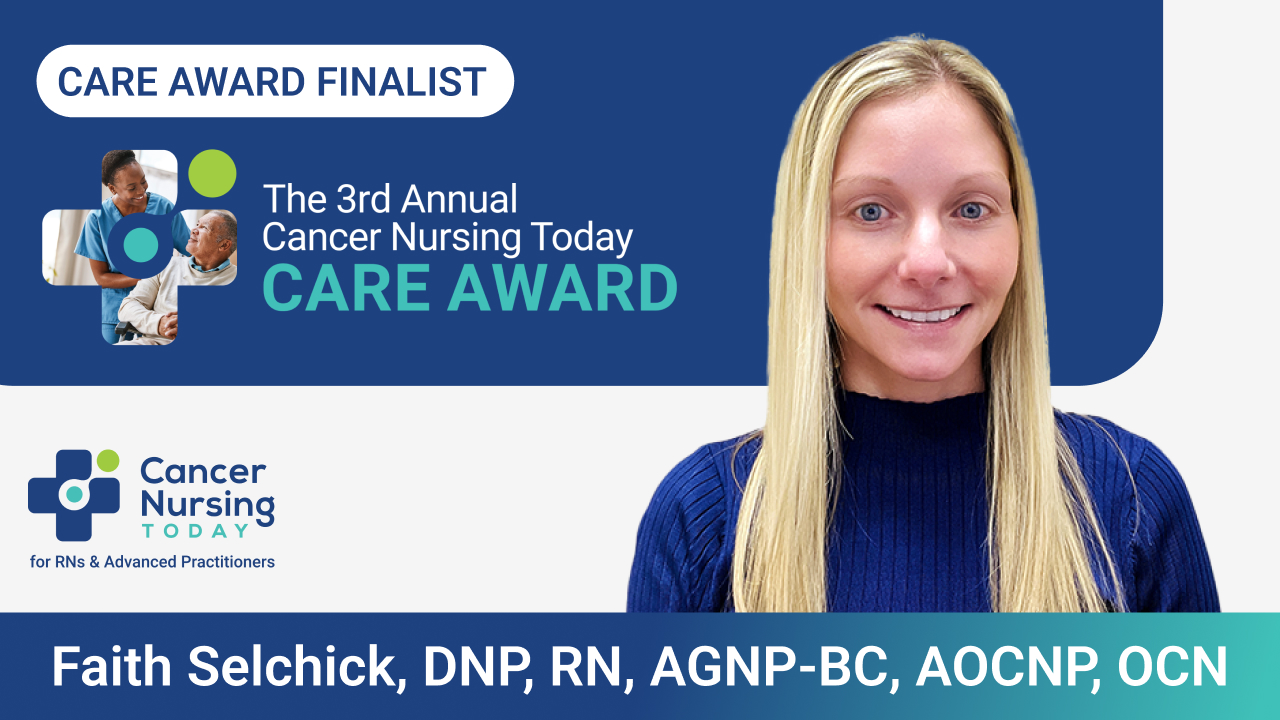
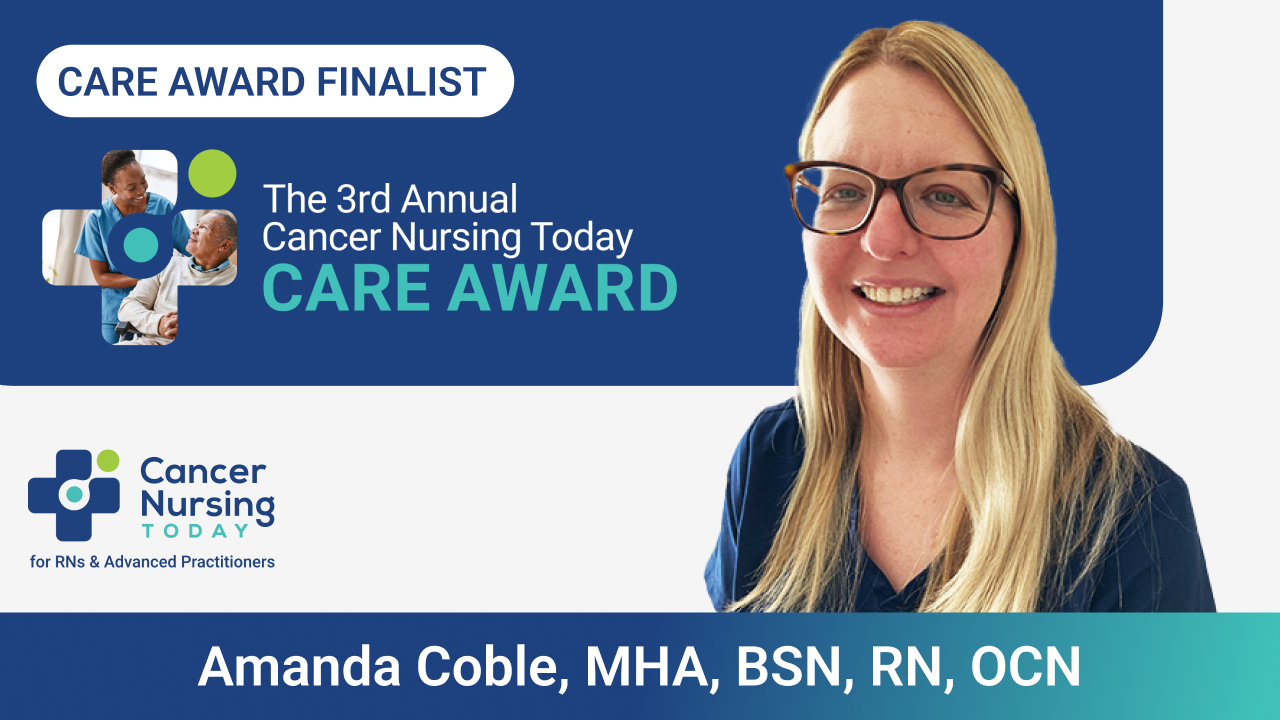
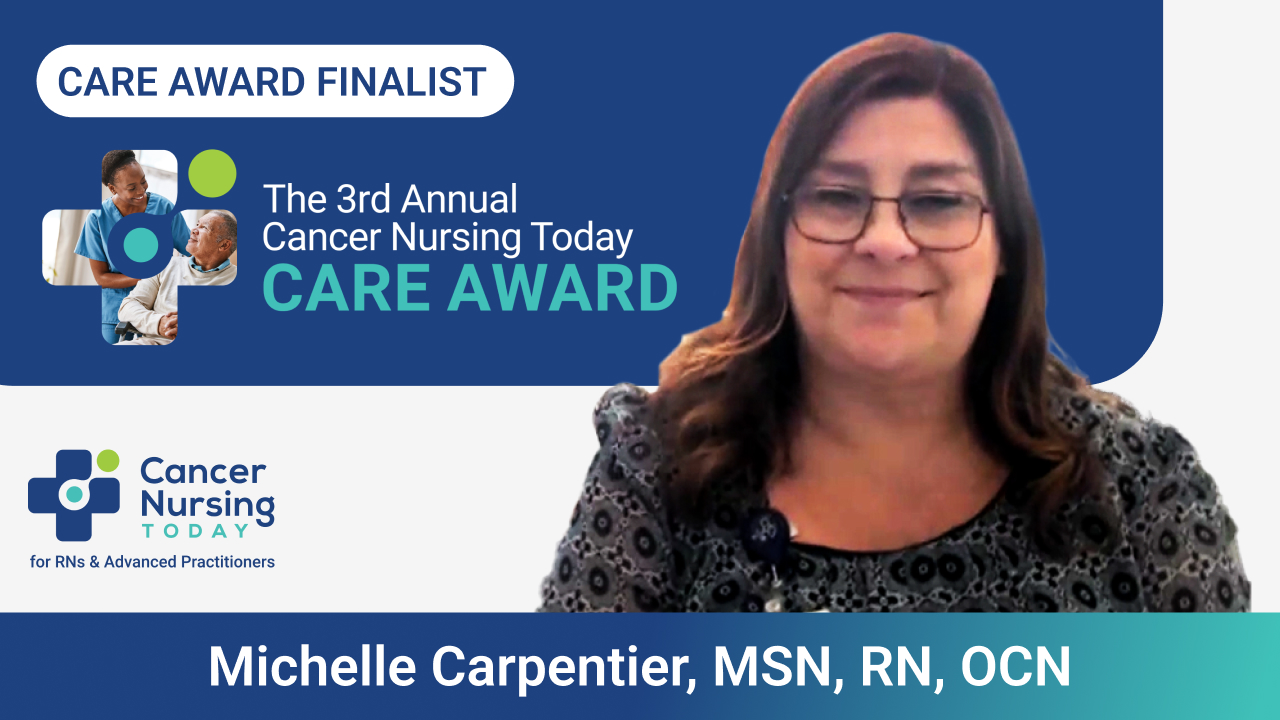

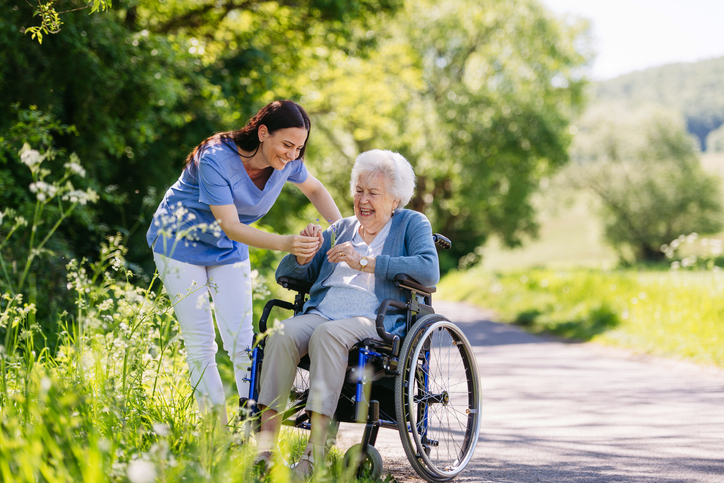


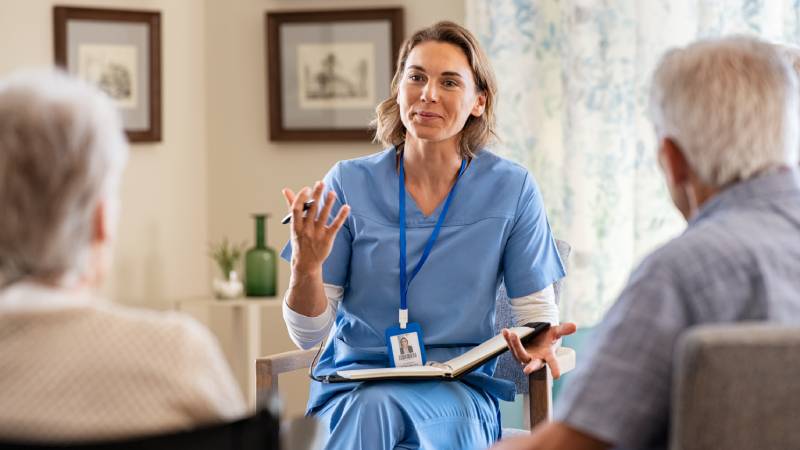
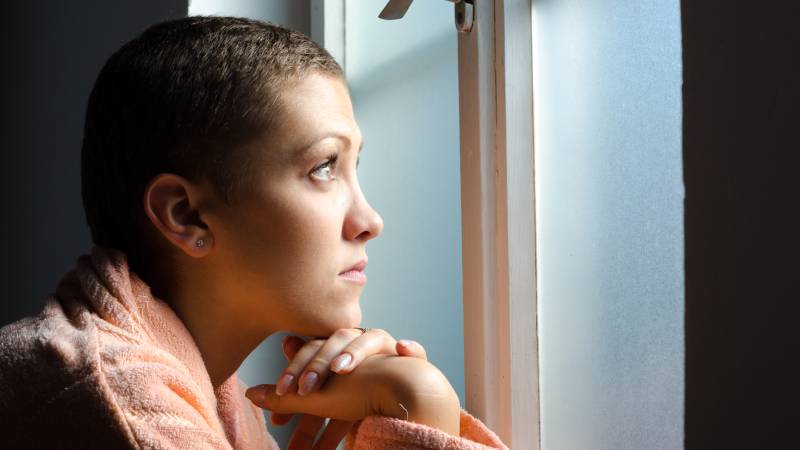



 © 2025 Mashup Media, LLC, a Formedics Property. All Rights Reserved.
© 2025 Mashup Media, LLC, a Formedics Property. All Rights Reserved.